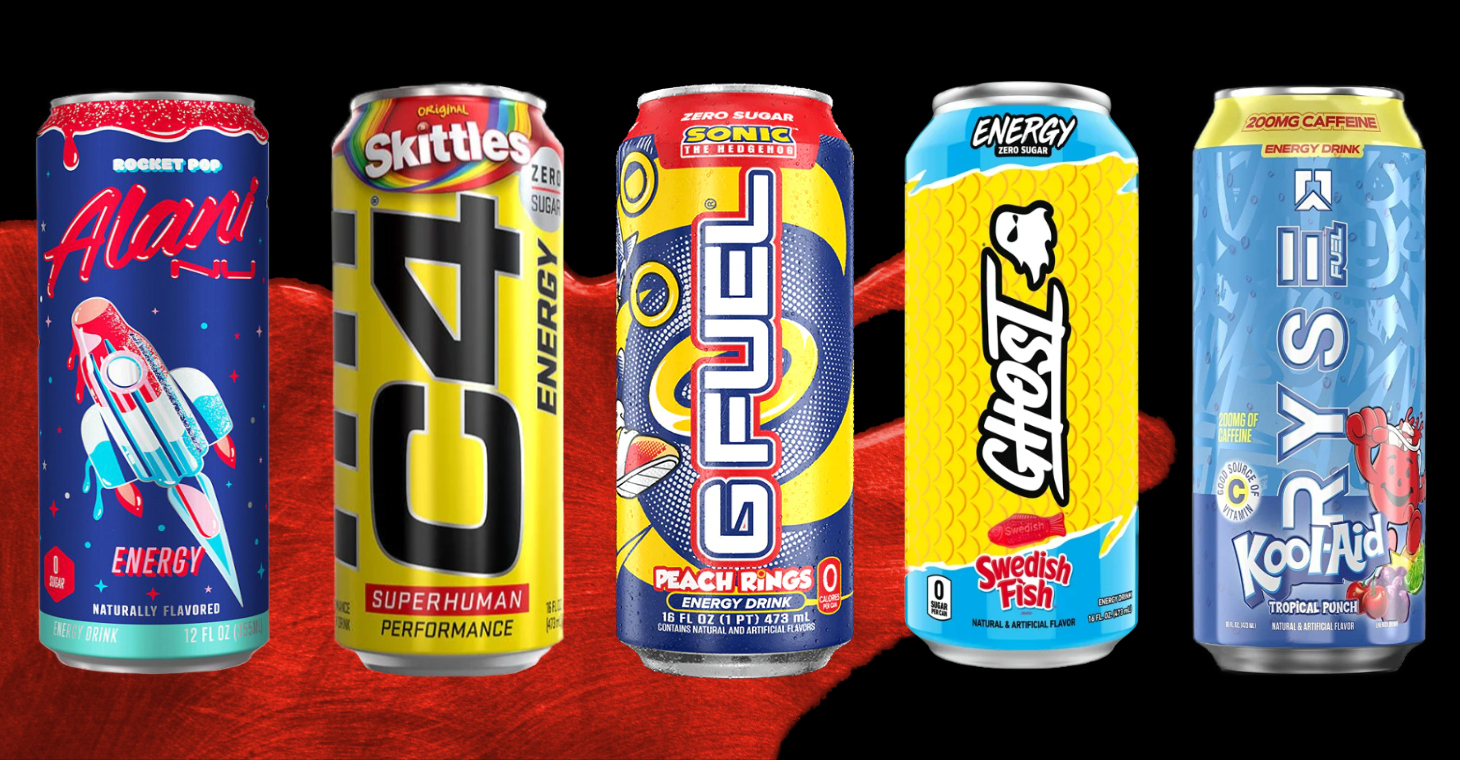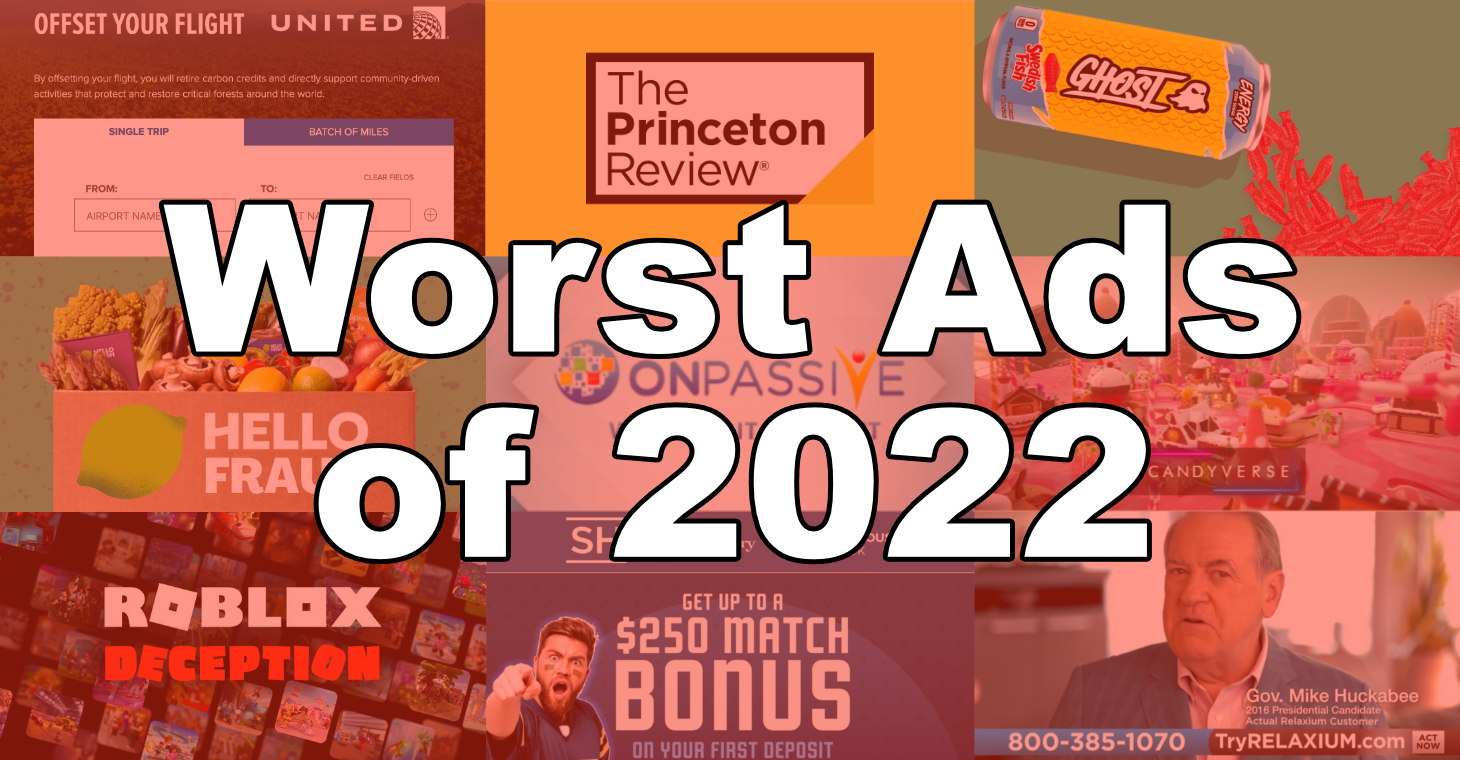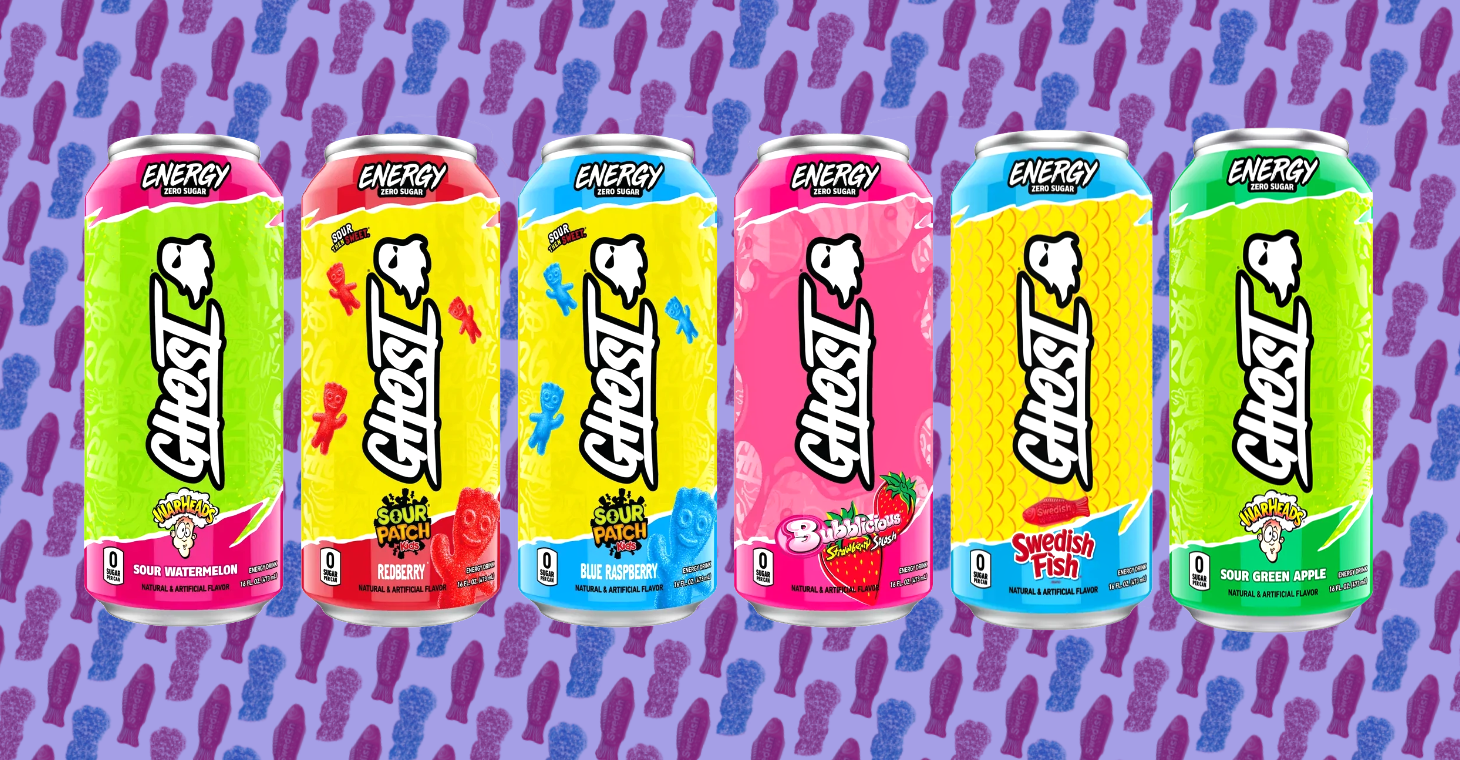
Energy Drinks Are Surging. So Are Their Caffeine Levels.
Julie Creswell, The New York Times
Energy drink companies are targeting minors and those with cognitive needs.
Consumers should be aware of several deceptive and unfair marketing tactics that are currently being used by numerous companies in the energy drink industry, including Ghost LLC, Ryse Fuel, Cellucor and Alani Nutrition.
This material information is often relegated to illegible fine print inconspicuously placed on energy drink cans.
“CAUTION: THIS PRODUCT IS ONLY INTENDED FOR HEALTHY ADULTS, 18 YEARS OF AGE OR OLDER. DO NOT CONSUME IF YOU ARE SENSITIVE TO CAFFEINE, OR IN COMBINATION WITH CAFFEINE OR STIMULANTS FROM OTHER SOURCES. TOO MUCH CAFFEINE MAY CAUSE NERVOUSNESS, IRRITABILITY, SLEEPLESSNESS, AND OCCASIONALLY, RAPID HEART RATE. NOT FOR USE BY WOMEN WHO ARE PREGNANT, NURSING, OR TRYING TO BECOME PREGNANT. CONSULT A LICENSED, QUALIFIED HEALTHCARE PROFESSIONAL BEFORE CONSUMING THIS PRODUCT. DO NOT USE IF YOU ARE TAKING ANY PRESCRIPTION DRUG AND/OR HAVE ANY MEDICAL CONDITION.”
Such unfair and deceptive marketing practices violate the Federal Trade Commission Act and/or the Federal Food, Drug, and Cosmetic Act, as well as the American Beverage Association’s Guidance for the Responsible Labeling and Marketing of Energy Drinks.
TINA.org and the UConn Rudd Center for Food Policy & Health, which seeks to reduce unhealthy food marketing affecting youth and their families through research and policy, have taken steps to eradicate some of the deceptive marketing in this arena. To learn about those efforts, click here.
Consumers are also encouraged to submit any questionable energy drink promotions to TINA.org here.
Julie Creswell, The New York Times
Some of the worst ads TINA.org covered this year.
Groups file deceptive marketing complaint against Ghost.


